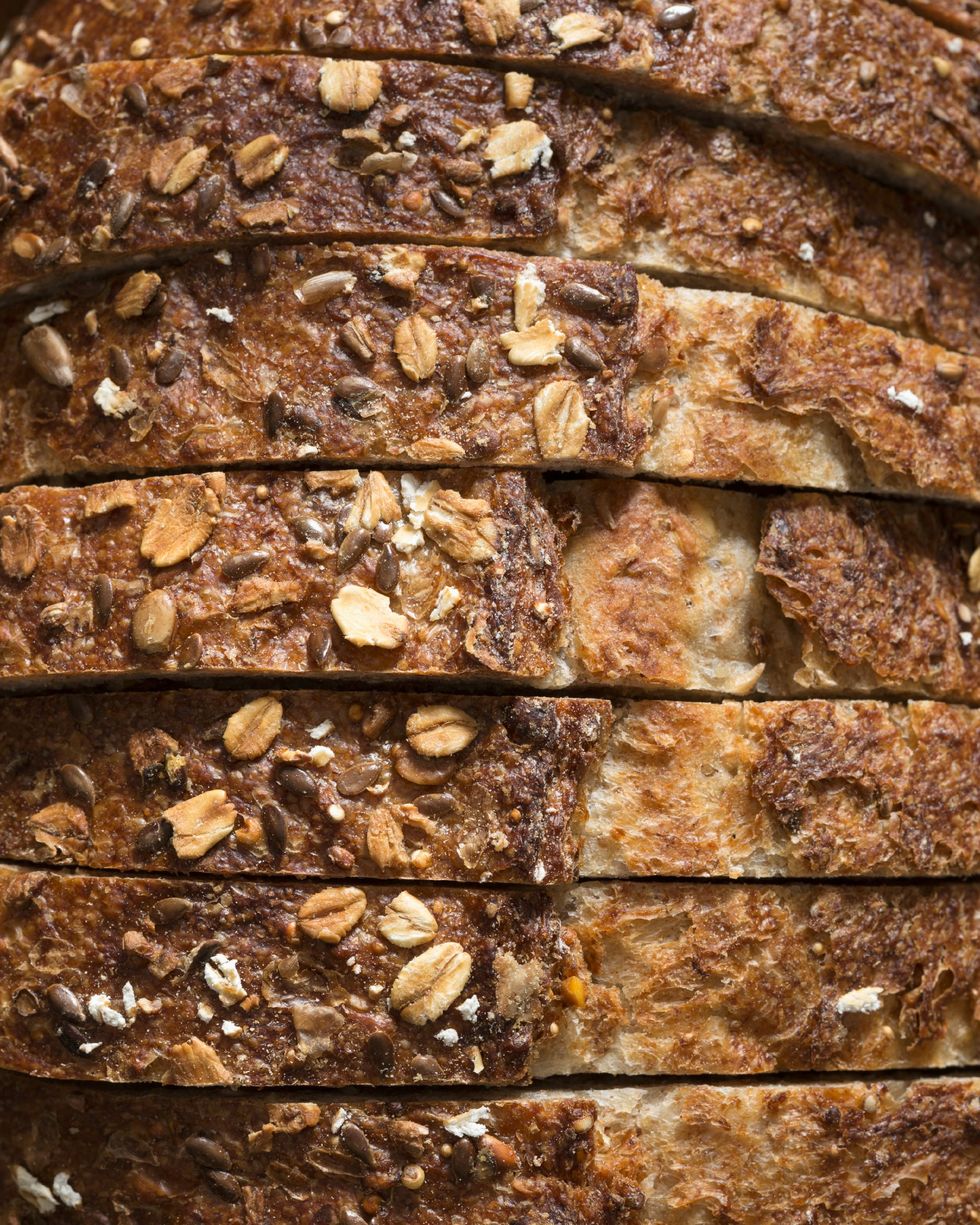We're constantly being fed so many different weight loss 'rules' - what to eat, when to eat, how to speed up your metabolism - that it can be impossible to separate the fact from fiction. Much of this so-called advice comes from nutrition 'experts' on social media; those with an interest in health and wellness, but who lack the scientific knowledge to back it up.
Enter model and AfN-accredited nutritionist Sarah Ann Macklin, who was inspired to get a degree in Human Nutrition after experiencing the issues around diet that can arise from working in the fashion industry. Her philosophy involves applying evidence-based practice to provide an accessible approach to nutrition.
"'Fat makes you fat' is probably one of the biggest myths out there," Macklin explains. "It actually leads to weight loss. You crave less, you snack less, you feel fuller for longer, and you're just more satisfied with what you're eating."
Watch the video above for more popular diet misconceptions disproven by the nutritionist (including that, actually, frozen food can be better than fresh and that quite honestly charcoal is a waste of time).
Video by Harry George Hall for Rise Media, styling by Charlotte Davey. Filmed at Dukes London.













